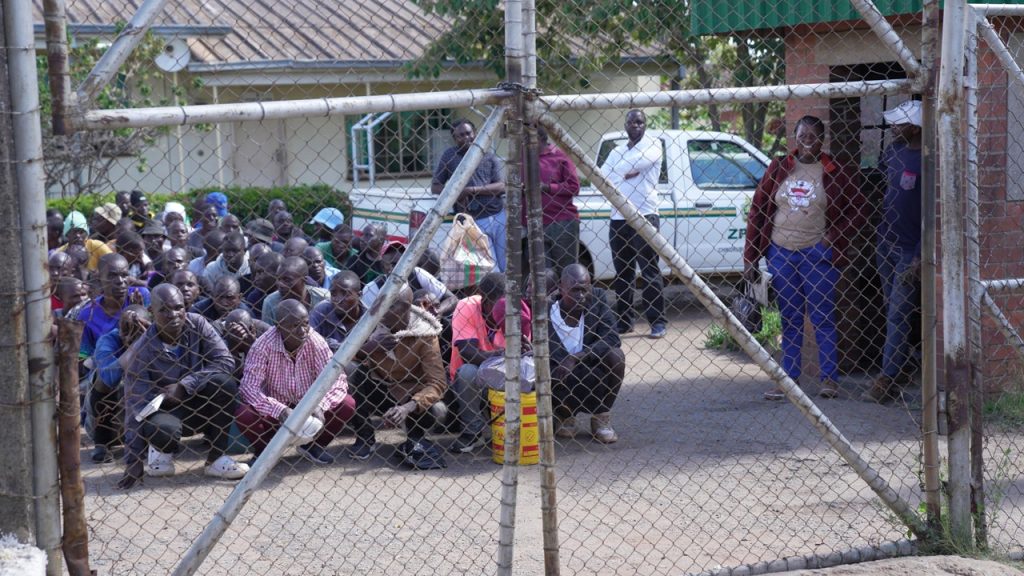Zimbabwe President Emmerson Mnangagwa granted clemency to over 4,000 prisoners, including some who were on death row, in an independence day amnesty. This move comes as Zimbabwe marked 44 years of independence from white minority rule in 1980. The presidential amnesty, the second in less than a year, primarily benefits female, older, juvenile inmates, the terminally ill, and some who were originally sentenced to death. Those previously on death row but had their sentences commuted to life terms in previous clemency orders or through court appeals are to be freed if they have been in prison for at least 20 years.
All female prisoners who had served at least a third of their sentence by independence day are being released, as are juvenile inmates who have served the same period. Prisoners aged 60 and older who have served one tenth of their sentences will also be released. Additionally, Mnangagwa pardoned the blind and others with disabilities who have served a third of their sentence. The prisoners are being released in batches across the country. However, those jailed for specific offenses including sexual offenses, robbery, public violence, unlawful possession of firearms, human trafficking, and theft or vandalism of electricity and telecommunications infrastructure are not benefiting from the amnesty.
All death row prisoners who have been in jail for at least 10 years had their sentences commuted to life in prison under the amnesty. Zimbabwe has over 60 inmates on death row, but it is not immediately clear how many had their sentences commuted to life under the amnesty. Zimbabwe is one of more than a dozen countries in Africa and over 50 across the world that have the death penalty, although the country last conducted a hanging in 2005. Mnangagwa supports abolishing the death penalty, a move backed by the Cabinet in February and awaiting approval from Parliament.
Mnangagwa had also freed over 4,000 prisoners in another clemency order in May last year to decongest prisons in Zimbabwe, which are usually overcrowded with harsh conditions. At that time, around 22,000 prisoners were crammed into prisons with a capacity of 17,000. The recent amnesty aims to alleviate prison congestion and offer clemency to those who have served significant portions of their sentences, including death row prisoners who have been incarcerated for at least a decade. This move marks a step towards potential abolition of the death penalty, signaling a shift in the country’s approach towards criminal justice and prisoner reintegration.













